



Ethernet phy chip which regular
Ethernet PHY (Physical Layer) chips are crucial components in network communication systems, responsible for the physical transmission and reception of Ethernet signals. They serve as the bridge between the digital world of a microcontroller or processor and the analog world of Ethernet cables. When selecting an Ethernet PHY chip, it is essential to choose a reliable manufacturer to ensure performance, stability, and support. This article highlights some of the most reputable Ethernet PHY chip manufacturers, their offerings, and considerations for choosing the right chip.
1. Major Ethernet PHY Chip Manufacturers
1.1. Broadcom
Broadcom is a leading provider of Ethernet PHY chips and is known for its extensive range of high-performance networking solutions. Their PHY chips are widely used in enterprise networks, data centers, and consumer electronics. Broadcom’s offerings include chips that support various Ethernet standards, from 10/100 Mbps to Gigabit and even 10 Gigabit Ethernet. Broadcom's PHY chips are renowned for their reliability, advanced features, and robust performance.
1.2. Intel
Intel, a major player in the semiconductor industry, offers a range of Ethernet PHY chips known for their high performance and integration capabilities. Intel’s PHY chips are designed to support various Ethernet speeds and standards, including Fast Ethernet, Gigabit Ethernet, and 10 Gigabit Ethernet. Intel’s products are often used in server and network infrastructure applications, offering high data rates and low latency.
1.3. Marvell
Marvell is another significant manufacturer of Ethernet PHY chips, providing solutions for both consumer and industrial applications. Marvell’s PHY chips are known for their energy efficiency, high performance, and support for various Ethernet standards. Marvell offers a broad portfolio of PHY chips that cater to different market needs, including automotive, industrial automation, and high-speed networking.
1.4. Texas Instruments (TI)
Texas Instruments offers a wide range of Ethernet PHY chips, known for their reliability and comprehensive support for various Ethernet standards. TI’s PHY chips are used in applications ranging from industrial automation to consumer electronics. TI emphasizes quality and performance, providing chips with robust features such as low power consumption, high-speed data transmission, and advanced error correction.
1.5. Microchip Technology
Microchip Technology provides Ethernet PHY chips that cater to various applications, including industrial, automotive, and consumer electronics. Their PHY chips are designed for high performance, low power consumption, and ease of integration. Microchip Technology offers both standard and enhanced PHY solutions, making them a versatile choice for different networking needs.
2. Factors to Consider When Choosing an Ethernet PHY Chip
When selecting an Ethernet PHY chip, several factors should be taken into account to ensure it meets your specific needs:
2.1. Performance and Speed
The performance requirements of your application will determine the appropriate PHY chip. Consider the Ethernet speeds supported by the chip, ranging from 10/100 Mbps (Fast Ethernet) to Gigabit (1000 Mbps) and even 10 Gigabit Ethernet. Ensure the chip can handle the data rates required by your network.
2.2. Compatibility
Verify that the PHY chip is compatible with your existing network infrastructure and other components, such as microcontrollers or processors. Compatibility with various Ethernet standards and network protocols is crucial for seamless integration and operation.
2.3. Power Consumption
Power consumption is an important factor, especially for battery-powered or energy-efficient applications. Choose a PHY chip with low power consumption or advanced power-saving features to enhance the overall efficiency of your device.
2.4. Reliability and Quality
Opt for PHY chips from reputable manufacturers known for their reliability and quality. Look for chips with robust features such as error correction, signal integrity, and long-term stability. Manufacturers with a strong track record in the industry are more likely to provide reliable products and support.
2.5. Technical Support and Documentation
Good technical support and comprehensive documentation are essential for successful implementation. Choose manufacturers that offer detailed datasheets, application notes, and responsive customer support to assist with any issues during development.
2.6. Cost
Consider the cost of the PHY chip in relation to your budget and project requirements. While cost is an important factor, it should be balanced with performance, reliability, and support. Evaluate the total cost of ownership, including potential costs related to integration, maintenance, and support.
3. Conclusion
Selecting a reliable Ethernet PHY chip manufacturer is critical for ensuring the performance and stability of your network communication system. Major manufacturers such as Broadcom, Intel, Marvell, Texas Instruments, and Microchip Technology offer a range of high-quality PHY chips that cater to various needs and applications. When choosing a PHY chip, consider factors such as performance, compatibility, power consumption, reliability, technical support, and cost. By evaluating these factors, you can make an informed decision and select a PHY chip that meets your specific requirements and ensures robust network connectivity.

Please contact us if the source is mislabeled or violates your legal rights.
We will promptly correct and delete, thank you.
- What is the power consumption level of t...
- In what scenarios can the performance of...
- Smart Home Products with Rockchip RK3588...
- Kylin ISP chip
- Purchase of ISP chips
- How fast is the read speed of Winbond W2...
- The motherboard of the industrial comput...
- spi ethernet chip in qfn package
- Industrial Control Box Motherboard
- rtl8211fs ethernet chip driver
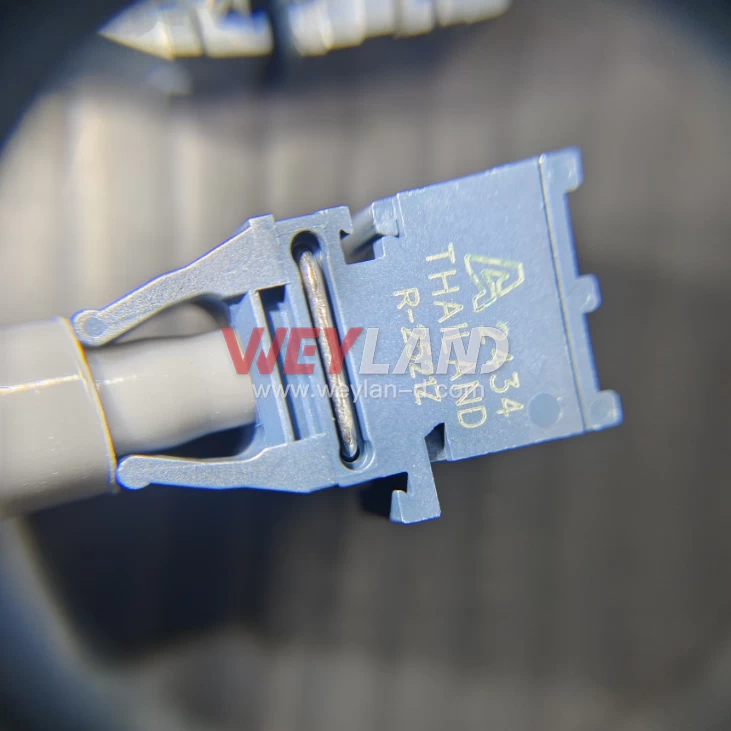
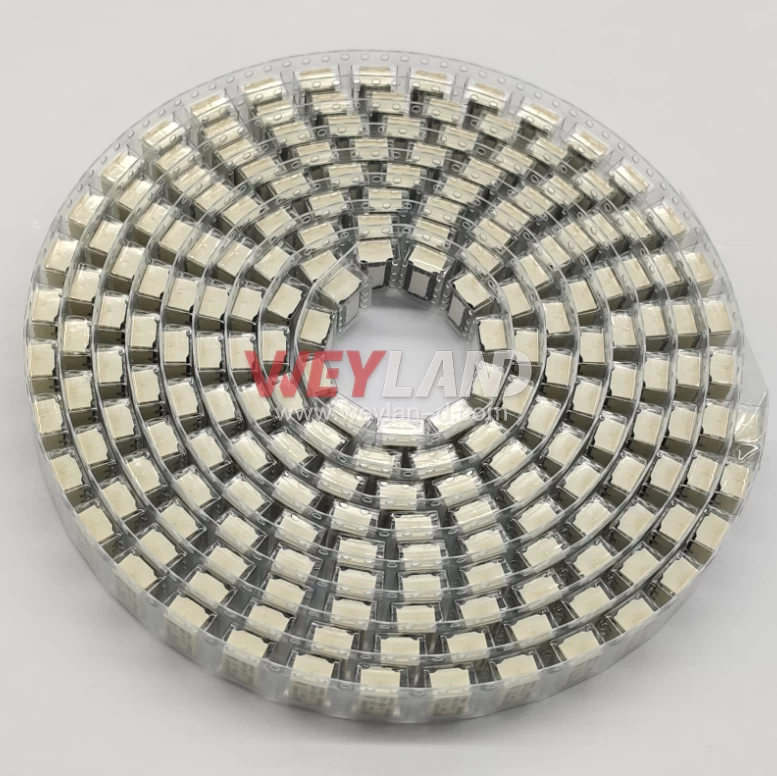
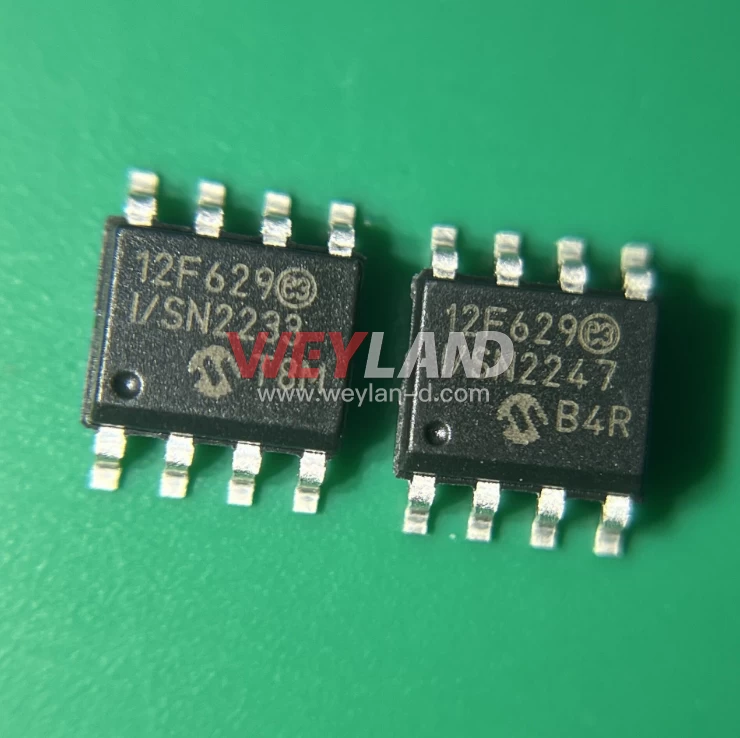
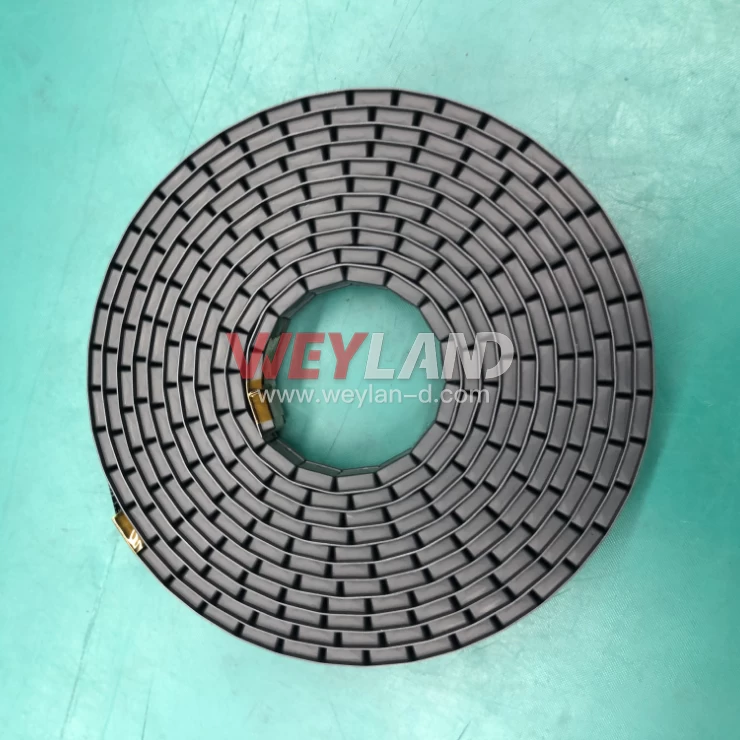
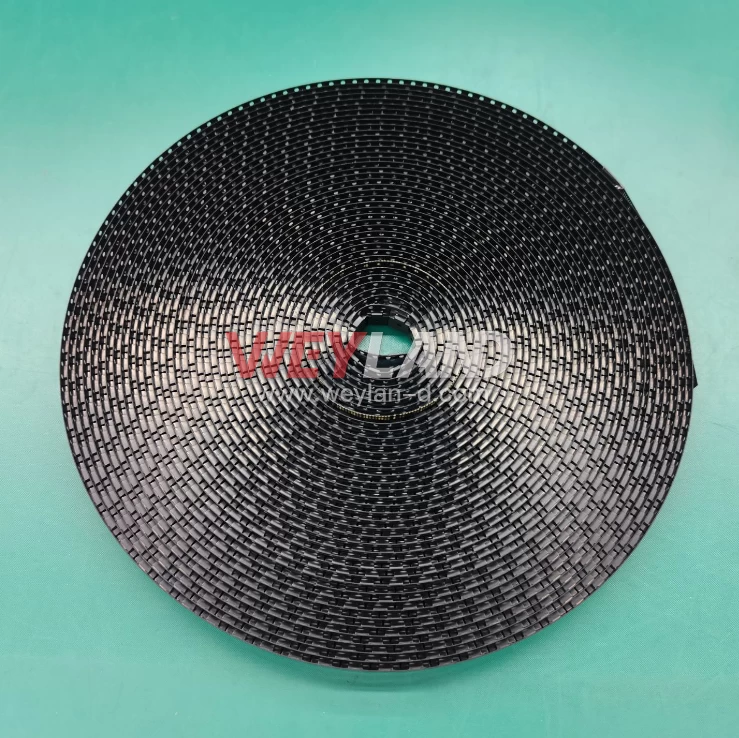
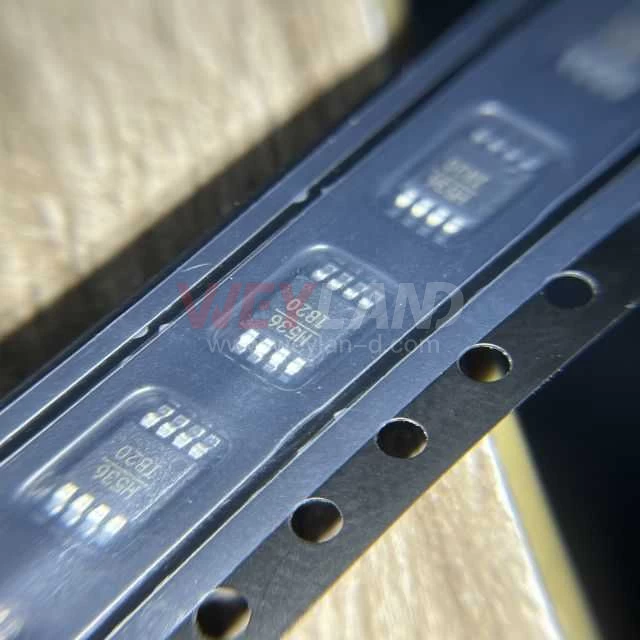
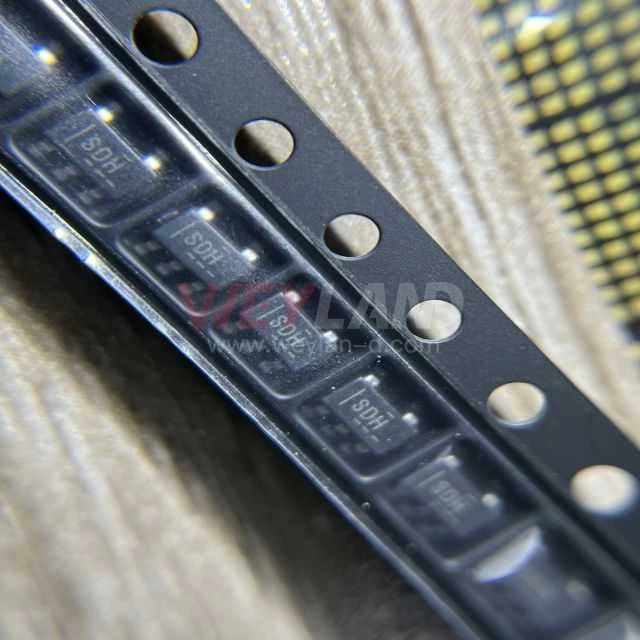
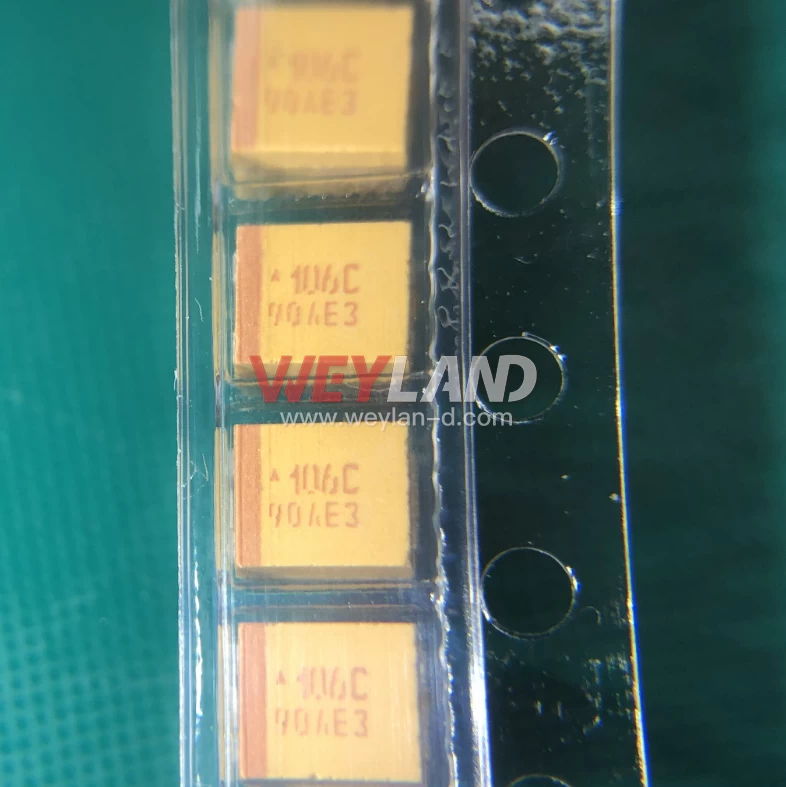
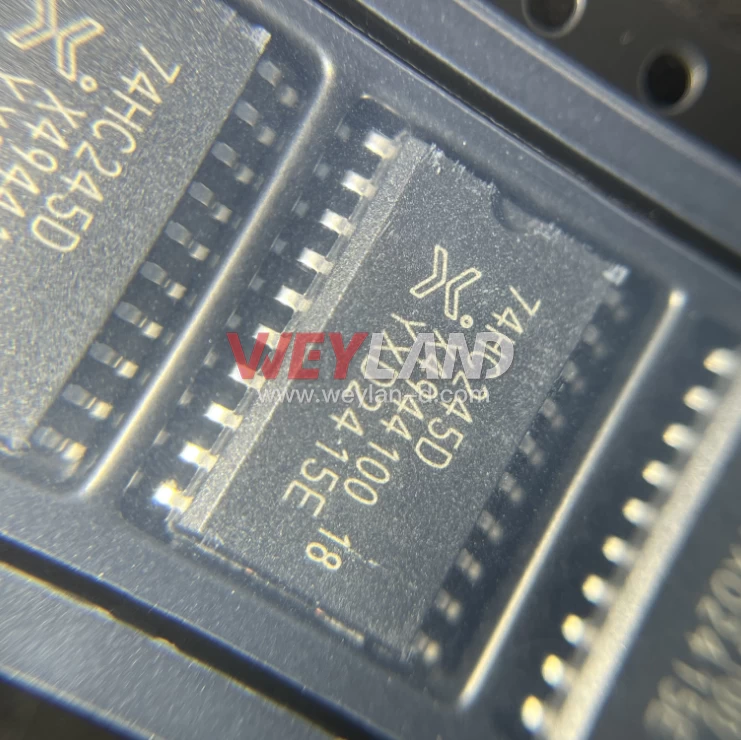
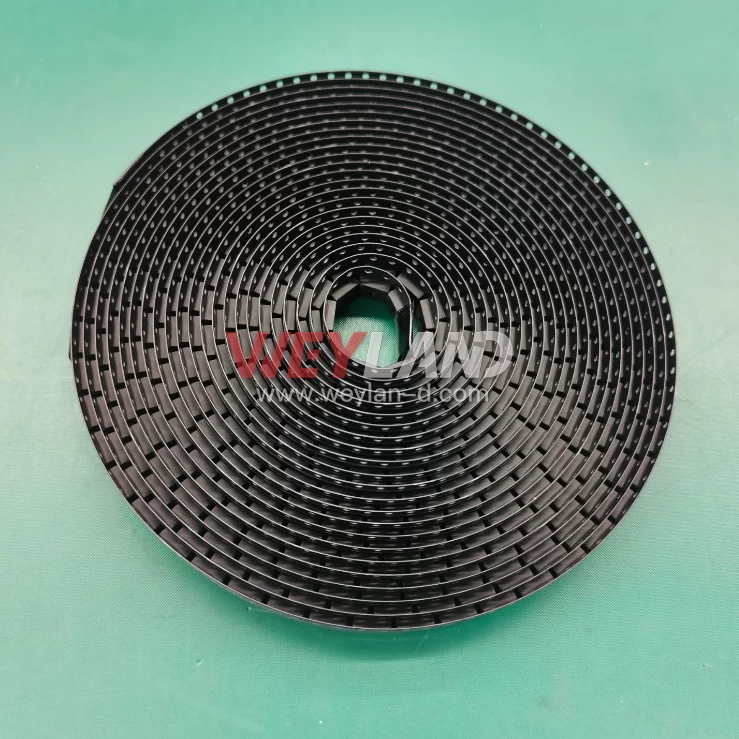
.9246509.png)




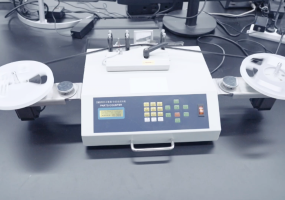







[email protected]
7500A BEACH ROAD #04-307 THE PLAZA SINGAPORE (199591)
RM 705.7/F.FA YUEN COMM BLDGNO.75-77.FA YUEN STREET.MONGKOK.KLN.HONG KONG
